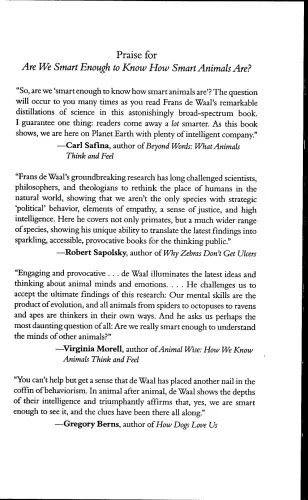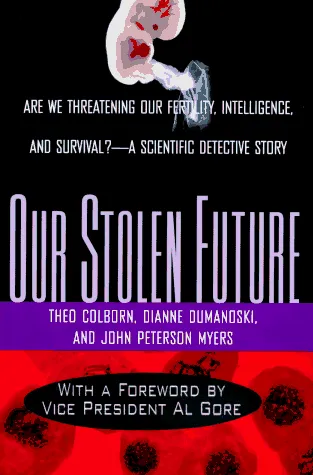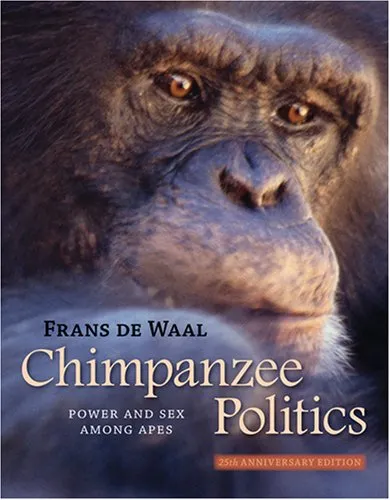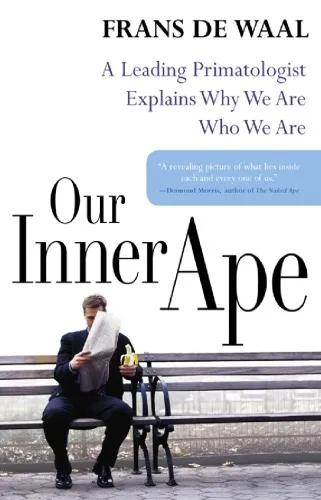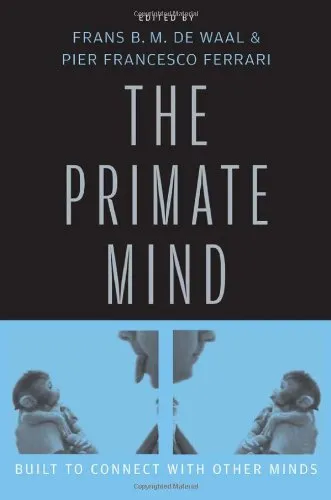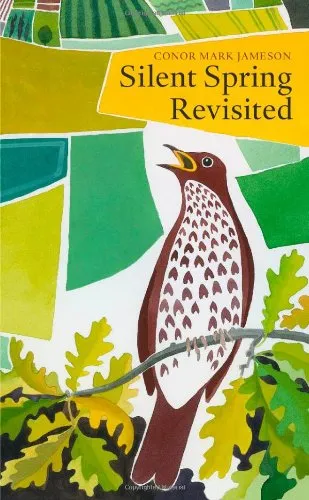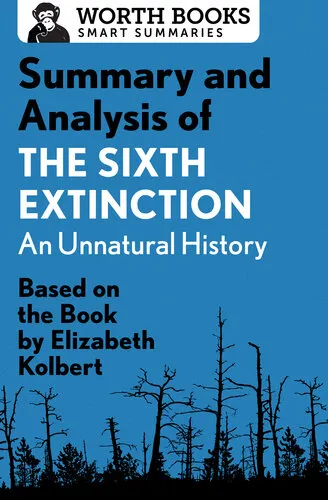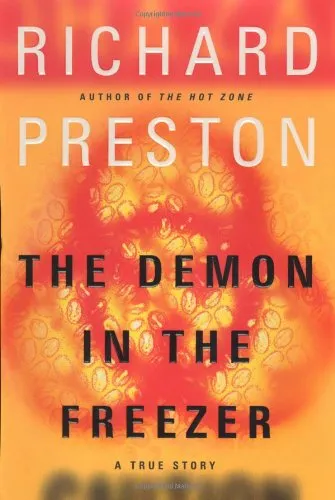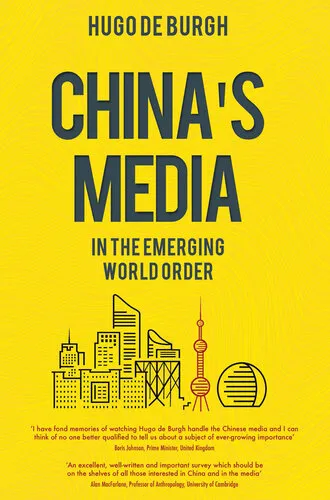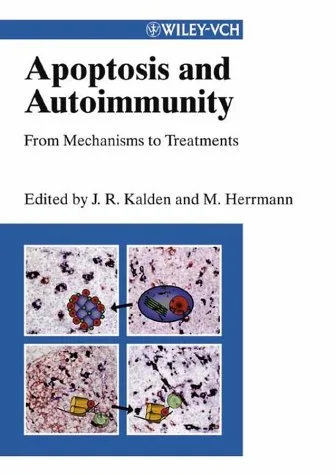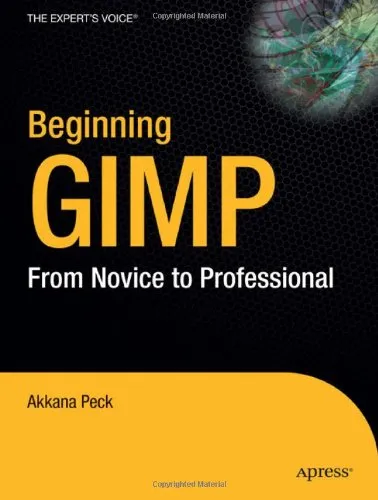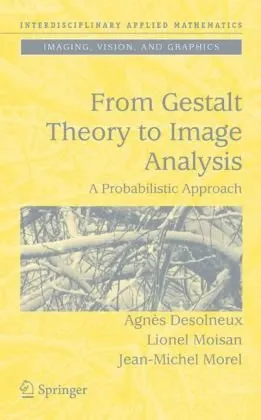Are We Smart Enough to Know How Smart Animals Are?
4.6
Reviews from our users

You Can Ask your questions from this book's AI after Login
Each download or ask from book AI costs 2 points. To earn more free points, please visit the Points Guide Page and complete some valuable actions.Related Refrences:
Introduction to "Are We Smart Enough to Know How Smart Animals Are"
In "Are We Smart Enough to Know How Smart Animals Are", renowned primatologist and ethologist Frans de Waal dives deep into the profound realm of animal intelligence. This groundbreaking work challenges traditional perspectives and reshapes the way we view the cognitive abilities of animals. Through rigorous research and captivating storytelling, de Waal propels readers into a world of intellectual discovery, prompting them to reconsider what it means to be intelligent and wise in an intricate natural environment.
Detailed Summary of the Book
Frans de Waal's "Are We Smart Enough to Know How Smart Animals Are" is a comprehensive exploration of animal cognition, underpinned by decades of scientific studies and observations. The book questions human-centric views of intelligence, positing that many species possess cognitive abilities far more advanced than previously acknowledged.
De Waal introduces us to a myriad of animal subjects, from primates to cephalopods, each demonstrating unique problem-solving abilities, sophisticated communication skills, and emotional intelligence. He draws on examples such as chimpanzees using tools, elephants displaying empathy, and ravens engaging in strategic planning to exhibit the vastness of animal intellect. The central thesis posits that the failure to recognize these abilities is not due to the animals lacking them, but rather due to the limitations in human perspective and methodologies.
The book is structured to move from simpler forms of cognition to increasingly complex ones, including perception, reasoning, and emotion. De Waal highlights the impact of anthropomorphism on scientific study and argues for an ethological approach that acknowledges the intelligence evident across species without human bias. The narrative is compelling not just for the richness of its scientific content but for de Waal's skillful weaving of anecdotes and broader existential questions about humanity's place in the natural order.
Key Takeaways
- Animal intelligence is often underestimated due to human-centric views of cognition.
- Many species demonstrate complex behaviors and emotional responses previously attributed only to humans.
- Scientific tests should consider the ecological and evolutionary contexts specific to each species for accurate assessments.
- The recognition of animal intelligence can lead to greater appreciation and ethical consideration for other species.
- Understanding animal cognition broadens our insight into the evolutionary origins of intelligence.
Famous Quotes from the Book
"Are we unique, or are we part of a continuum, and are we smart enough to appreciate that other species teach us valuable lessons about ourselves?"
"Our intelligence is but a detail in a vast and complex world that makes use of numerous solutions to survive and thrive."
Why This Book Matters
"Are We Smart Enough to Know How Smart Animals Are" is more than just a meditation on animal cognition—it is a testament to the complexity and richness of life on Earth. Frans de Waal's work offers a crucial critique of anthropocentric views in science, encouraging a reconsideration of what it means to be intelligent. His examination persuades readers to appreciate the intellectual and emotional lives of animals, prompting a divine understanding that could reshape efforts in conservation, ecological study, and interspecies empathy.
This book serves as a cornerstone in the discussion of cognitive ethology and offers a transformative perspective on the dialogue between humans and animals. De Waal not only communicates the riveting prospects in animal intelligence research but also calls for a greater mindfulness of the nuanced, often unseen, connections that bind all living things. As our world faces unprecedented environmental challenges, acquiring a holistic understanding of our fellow creatures becomes ever more imperative, making de Waal's work exceptionally relevant and influential.
Free Direct Download
You Can Download this book after Login
Accessing books through legal platforms and public libraries not only supports the rights of authors and publishers but also contributes to the sustainability of reading culture. Before downloading, please take a moment to consider these options.
Find this book on other platforms:
WorldCat helps you find books in libraries worldwide.
See ratings, reviews, and discussions on Goodreads.
Find and buy rare or used books on AbeBooks.
1452
بازدید4.6
امتیاز0
نظر98%
رضایتReviews:
4.6
Based on 0 users review
Questions & Answers
Ask questions about this book or help others by answering
No questions yet. Be the first to ask!
